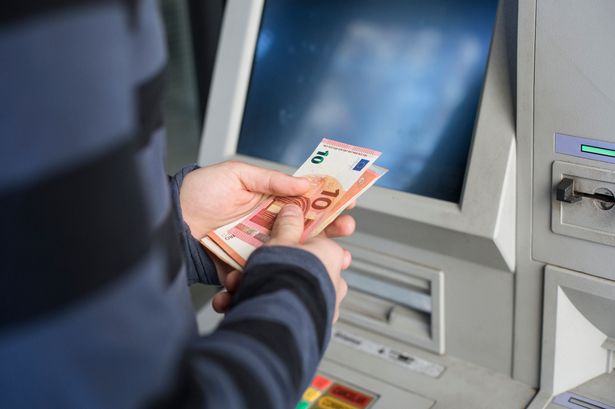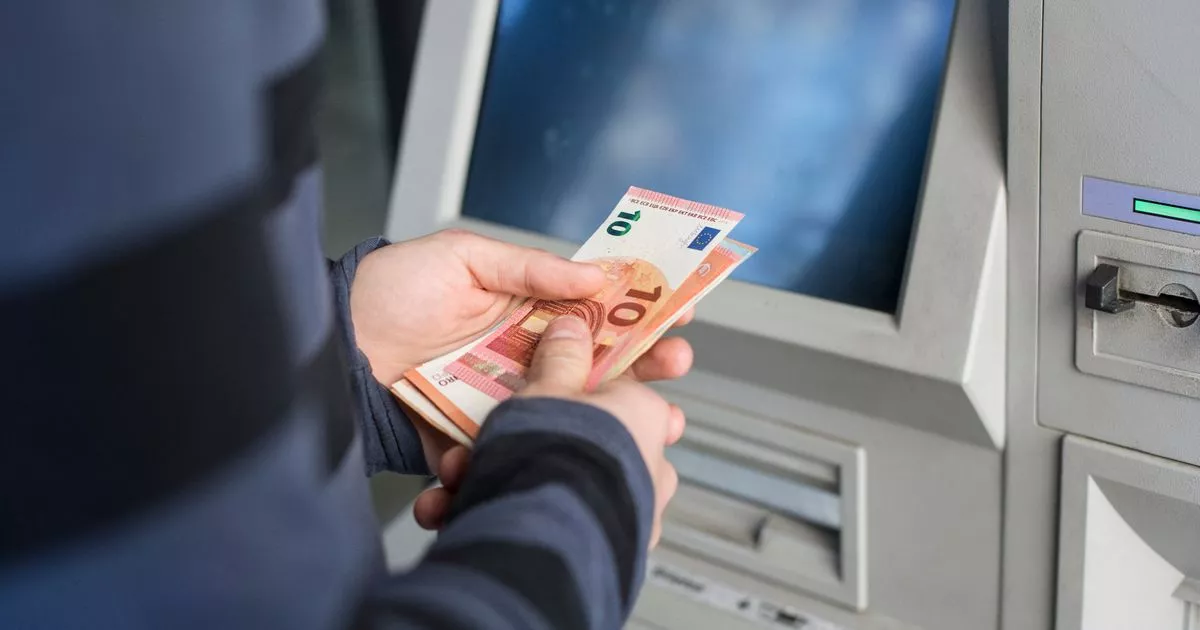Foreign exchange fees are costing Brits a fortune when going on holiday with alternatives being suggested to avoid charges Finding the best way to access holiday spending money is a tricky task(Image: Shared Content Unit)
Finding the best way to access holiday spending money is a tricky task(Image: Shared Content Unit)
European holidays are a staple of the British holiday market. Spain is still the most popular destination worldwide for British holidaymakers and has remained so for years. But warnings have been issued for thousands of Jet2, Ryanair, TUI and Easyjet passengers taking Euros on holiday this summer.
Foreign exchange fees are costing UK tourists £2.5m a year as the summer holiday season continues. Tourists are told that debit cards might not be the best idea, and passengers are instead told to use specialist travel debit cards from Wise, Revolut, or Currensea.
With these cards, customers can expect to spend even less as they remove bank conversion fees. They can prove to be more than 0.5% cheaper than fee-free cards and over 3% cheaper than the high street banks’ debit card alternatives.
Another way to save your spending pennies for your holiday is to avoid exchanging your money at the airport. As it is the last stop before people head away, they can afford to make it one of the most expensive ways to get foreign currency, personal finance experts have warned.
Andrew Hagger says: “Never buy or sell your currency at the airport. You’ll lose around an extra £10 for every £100 you spend – just don’t do it unless it’s an absolute emergency.”
AJ Bell’s Laith Khalaf adds: “Effectively buying money at the airport is a hefty tax on your holiday for not planning ahead.
“The same principle applies to getting travel money from the Post Office, which is another popular choice. Individual post offices will usually have their own currency rates but if you order online beforehand, you’ll almost certainly get a better deal.”
But remember prepaid cards aren’t perfect – and try to avoid withdrawing small amounts of cash. Some providers can tack on as much as £5 per cash withdrawal transaction while abroad — making it an expensive way to spend.
Mr Hagger, from personal finance website MoneyComms, said: “If you pay in GBP this allows the overseas retailer or ATM to use an inferior local exchange rate which can prove way more expensive than the normal Visa or MasterCard exchange rates – this is known as Dynamic Currency Conversion.”
Some cards, like Monzo, are fee-free. They charge nothing to convert currency when you use them in another country, using the Mastercard exchange rate. This rate is widely regarded as one of the best card exchange rates out there.
They act as an alternative to fee-paying cards and are a better option if you don’t travel that much, or don’t keep too much cash on your card.
